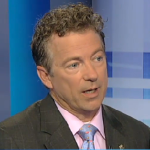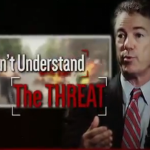Sen. Rand Paul said the attack in Garland, Texas, was “an example of how we do need to secure our border,” but neither of the attackers crossed the southern border to gain access to the U.S. Both were Americans.
FactCheck.org®
A Project of The Annenberg Public Policy Center









